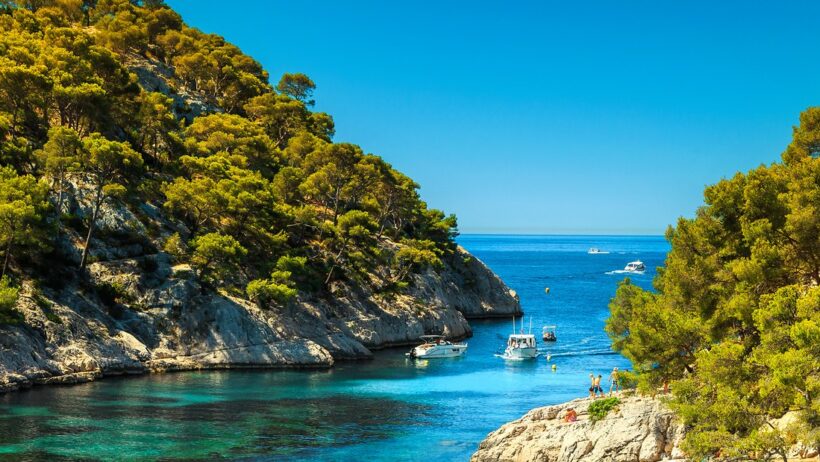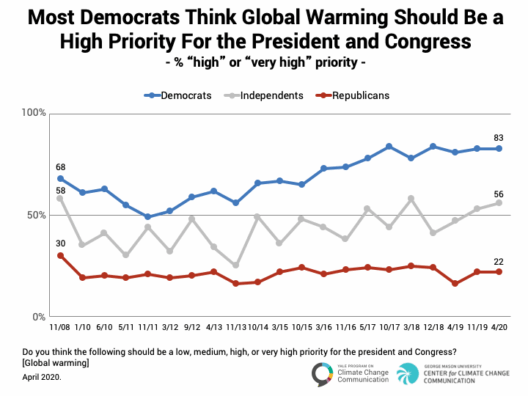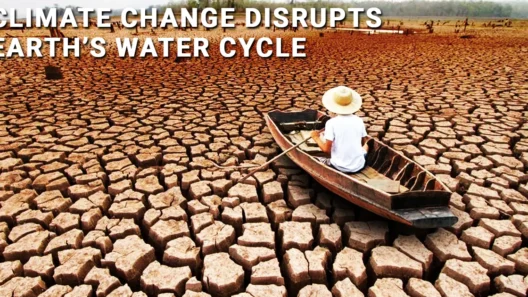France, a country renowned for its rich cultural tapestry and culinary delights, is equally famed for its diverse climate. From the sun-drenched beaches of the French Riviera to the genteel drizzle of Paris, this nation experiences a remarkable range of weather patterns that influence its lifestyle, agriculture, and tourism. Understanding France’s climate offers valuable insights into its ecological diversity and the challenges posed by climate change.
To examine France’s climate comprehensively, one must consider the various climatic zones that span the country. Predominantly, France presents a temperate maritime climate characterized by mild winters and warm summers; however, regional variations impart distinct local flavors. The northern coastal areas, such as Normandy and Brittany, experience a cooler, maritime climate, where the Atlantic Ocean moderates temperatures. This region is often shrouded in clouds and receives substantial rainfall throughout the year, a stark contrast to the sun-kissed southern coast.
The southern coast, particularly the French Riviera, embodies a Mediterranean climate marked by hot, dry summers and mild, wet winters. This idyllic weather attracts visitors seeking leisure and luxury, as the region is dotted with glamorous resorts and picturesque towns such as Nice and Cannes. Here, the sun bathes the landscape in a golden hue, influencing not only the tourism sector but also agricultural practices, specifically the cultivation of vineyards and olive groves that flourish under the Mediterranean sun.
Transitioning from coastal regions to the heart of the country, one finds the Île-de-France area, home to Paris. This capital city experiences a hybrid of oceanic and continental influences, leading to variable weather patterns. Rainfall is evenly distributed throughout the year, contributing to lush gardens that bloom in the spring. Parisians often engage in an age-old dance with the weather, sporting umbrellas and raincoats as unexpected showers sweep across the city. This juxtaposition of the romantic allure of Paris with its capricious weather illuminates a quintessential aspect of urban life in France.
Further inland, regions like Auvergne and the Loire Valley encounter a more continental climate. Winters are colder, with significant snowfall in some areas, while summers can be quite warm. Such climatic diversity allows for an exquisite variety of agricultural products, including the renowned wines of Bordeaux and the diverse cheeses that take center stage in French cuisine. The rich soil, coupled with distinct climate zones, nurtures a vibrant agrarian sector crucial to France’s economy.
As one traverses southeast towards the Alps, the climate dramatically shifts. Here lies a subalpine environment where snow-capped peaks dominate the scenery, and temperatures can plummet during winter months. The ski resorts flourish under this snowy blanket, drawing winter sports enthusiasts and significantly contributing to the regional economy. Conversely, summer in the Alps evokes a tranquil beauty with pleasant temperatures ideal for hiking and outdoor activities.
In recent years, the specter of climate change has loomed ominously over France, affecting not just local weather patterns but also the broader environmental fabric. The Mediterranean region has increasingly faced prolonged heatwaves and diminished rainfall, jeopardizing both water supply and agricultural viability. Historical weather records elucidate a worrying trend: the warming of the earth is manifesting through hotter summers and erratic precipitation across various regions. These changes alarmingly impact the grape harvests, vital for wine production—a cornerstone of French culture and economy.
Moreover, the tourism industry—particularly in iconic regions like the Riviera—faces challenges due to rising sea levels and fluctuating weather conditions. Coastal erosion threatens the picturesque beaches that lure international visitors each year. In Paris, urban heat islands exacerbate summer heat, compelling residents to adapt to an escalating climate crisis. Unexpected thunderstorms have increased in frequency, altering expectations for outdoor events and traditional celebrations.
In response, France has embarked on rigorous sustainability initiatives aimed at mitigating these effects. The country has committed itself to reducing greenhouse gas emissions and promoting renewable energy sources. Efforts to preserve agricultural heritage while cultivating climate-resilient crops are gaining traction—ensuring that the essence of French culinary traditions endures amid changing climates. Promoting environmental awareness through education and community engagement cultivates a collective responsibility towards safeguarding this precious environment.
In summation, France’s climate reveals an intricate tapestry woven from diverse regional patterns, showcasing a dynamic interplay between nature and human activity. The allure of the sunny Riviera contrasts starkly with the tranquil rains of Paris and the snowy peaks of the Alps. Yet, as climate change unfolds its increasingly palpable effects, the collective responsibility to preserve this ecological richness cannot be overstated. Understanding France’s climate is not merely an academic exercise; it fosters a deeper appreciation for the natural world, prompting us to take action and cultivate resilience for future generations.
Emphasizing the importance of interconnectedness within our climatic system reveals the fragility of these exquisite environments. By nurturing and protecting our ecosystems, we ensure that the multifaceted beauty of France—from the sunlit beaches to the verdant valleys—continues to thrive for years to come.








